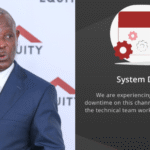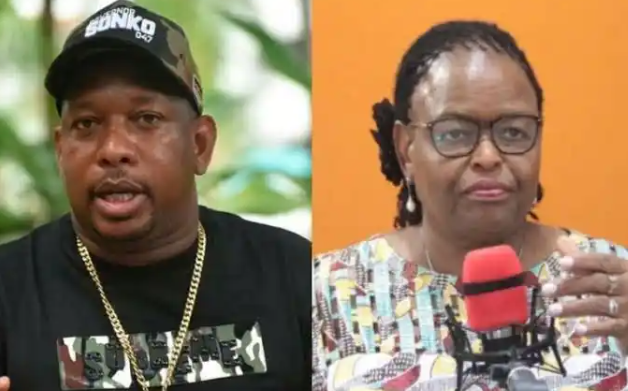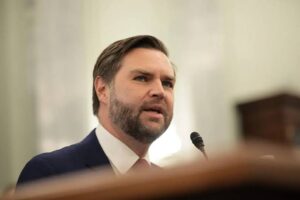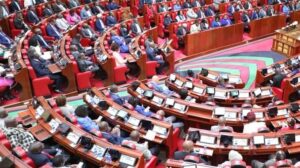The Supreme Court has delivered a major setback to former Nairobi Governor Mike Sonko, rejecting his attempt to challenge his impeachment.
This decision marks a critical blow to Sonko, who has been striving to overturn his removal from office and re-enter elective politics or public service.
Sonko had petitioned the Supreme Court to review its judgment based on serious allegations of constitutional violations and abuse of office.
However, the judges firmly closed the door on any review of their July 15, 2022, ruling, which had upheld his impeachment.
“Having considered the entirety of Sonko’s Motion, we have no doubt that the same is a disguised attempt at relitigating what has been conclusively determined by this court.
We have, more often than not, made it clear that the review did not open avenues for parties to appeal or relitigate their case.
Thus, the applicant’s omnibus motion cannot be allowed to stand as it lacks merit,” the seven judges ruled decisively.
The panel of judges, including Chief Justice Martha Koome, Deputy Chief Justice Philomena Mwilu, Justices Njoki Ndung’u, Isaac Lenaola, William Ouko, Mohammed Ibrahim, and Smokin Wanjala, highlighted that Sonko had failed to adhere to the Supreme Court rules regarding the filing of a review application.
This procedural misstep further weakened his legal position.
“The general rule is that once this Court delivers a judgment, it becomes functus officio save that, based on exceptional circumstances as delineated under Section 21A of the Supreme Court Act and Rule 28(5) of the Supreme Court Rules, the Court can review its decision,” the judges explained.
“Equally, the applicant, Sonko, did not invoke any of the said provisions in his Motion, save for mentioning them in his submissions.”
This ruling not only solidifies Sonko’s current political troubles but also casts doubt on his future prospects in public service.
The Supreme Court’s decision underscores the importance of adhering to legal procedures and the finality of its judgments, barring exceptional circumstances.
Sonko’s impeachment was initially driven by accusations of gross misconduct and abuse of office, charges that the Nairobi County Assembly and the Senate found credible.
His removal from office marked a tumultuous period in Nairobi’s governance, with various stakeholders calling for more accountability and transparency in leadership.
Despite his ongoing legal battles and political maneuvers, the Supreme Court’s latest ruling signals a definitive end to Sonko’s efforts to challenge his impeachment.
The former governor’s political future remains uncertain, with many questioning whether he will find a pathway back to public office.
For now, the Supreme Court’s firm stance serves as a reminder of the judiciary’s role in upholding the rule of law and the consequences of failing to comply with legal standards and procedures.





















Add Comment